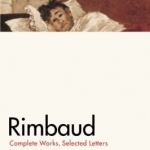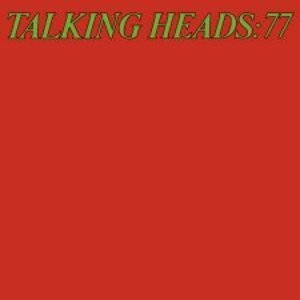Michael J. Bess (2 KP) rated Facebook in Apps
Jul 6, 2018
But one thing that Facebook needs to improve on is it's verification process. My 13-year-old niece has had a page (TWO pages in fact!) since she was barely ten. I immediately contacted Facebook about this because I didn't want my niece to be another stat where she is preyed upon online by some phedophile. Facebook continued to keep the pages up.
Another reason the process needs to be improved is because someone may end up being "Catfished," for a lack of better term. My personal business was posted online by a woman whom I never met and I had no idea why this person would do something like that. More than two years later, I found that it wasn't a woman who posted the info, but it was a male friend of mine! A person who I had played practical jokes on the past but never to this extreme. Needless to say we are not longer friends as his ex-wife (my current girlfriend) informed me of other scrupulous things he had done with this particular page.
Scott Tostik (389 KP) rated Halloween (2018) in Movies
Nov 2, 2018
I'm sorry if any of you disagree with me... But this movie blew....
Don't get le wrong. I love the fact that Jamie Lee is back and more of a badass than i wpuld have ever expected.
But come on...
Denying the fact that almost 40 years worth of mythology happened... Thats a hard sell. Let's do some math as well.
You expect me to believe that Michael is wandering around at 61 years old, after being locked up for 40 years... And he's picking up 200 pound men one handed and crushing their windpipes???
I love the Halloween series of films. Even the Rov Zombie offerings... I love the fact that Rob gave us a back story. You found out why Michael was the way he was...
But this??? This was nothing more than two morons... And yes, I think Danny McBride is an idiot. And he should stick to Vice Principals and Eastbound and Down. And stay the fuck away from horror films.
He should've taken a hint from his lackluster and shitty preformance in Alien Covenant... And leave horror to the pros.
I'm sorry but the only person who should've carried on this franchise was John Carpenter himself... But even he knows that you shouldn't dip your pen in the company ink too many times.
Ignoring the mythology of the films and expecting die hard fans to believe that characters like Jamie Lloyd and Tommy Doyle didn't exist in the history is ludicrous.
Some people enjoyed the sequels and some people didnt. But expecting us to forget forty years of horror history???
Not on your life, comedian.
Gareth von Kallenbach (980 KP) rated Homefront (2013) in Movies
Aug 6, 2019
Written by Sylvestor Stallone. The film opens with a major drug bust going down, and inside undercover DEA agent Phil Broker (Statham) gives chase to the head of the drug ring and his son. While trying to arrest the father and son team, the son is shot to death, and his father promises to kill Broker and his children.
The rest of the movie takes place a few years later in a small town in Louisiana, where a now widowed Broker and his pre-teen daughter have moved to rebuild their life. An entire series of events is set off by Broker’s daughter standing up for herself against the school bully. The bully’s mother Cassie, demands an apology and doesn’t get one enough to her liking. She escalates the situation by going to her brother, Gator, who is the town’s resident “drug kingpin”.
After Gator discovers that Broker is actually an ex-undercover DEA agent, he tries to use that information as leverage to gain business ground for his drug running enterprise, and that’s where the rest of the movie plays out.
There are a lot of action and shooting scenes, which is what one would expect from a Statham movie, but it is still pretty predictable. Once Gator brings in the “big dogs” from the city, things quickly escalate and spin out of his control. The remainder of the movie is one gun fight after another, interspersed with chase scenes, swearing, explosions and hand to hand fighting. If you’re a fan of Statham, then there are really no surprises here. If you know to expect the movie’s complete predictability and his somewhat stiff acting, you’ll enjoy it.

Etsy Conversations Podcast | Arts & Crafts | DIY | Online Business | Ecommerce | Online Shopping | Entrepreneur Interviews
Podcast
Featuring interviews with Etsy shop owners. Get to hear the personal Etsy stories behind your...

Rimbaud: Complete Works, Selected Letters
Jean-Nicholas-Arthur Rimbaud, Wallace Fowlie and Seth Whidden
Book
The enfant terrible of French letters, Jean-Nicholas-Arthur Rimbaud (1854-91) was a defiant and...
Grotowski and Company
Book
This collection of texts by Ludwik Flaszen, Grotowski's main collaborator and co-founder of the...
Lee Ronaldo recommended Talking Heads: 77 by Talking Heads in Music (curated)

Meditation Oasis App
Health & Fitness and Lifestyle
App
The wonderful benefits of the popular Meditation Oasis are now available in this App, which also...

The Virgin Elizabeth: A Novel
Book
A book of passion, of sixteenth-century England, of greed and political ambition unto death....

East Fortune
Book
The boy stepped out into the road. He stretched his arms out and his legs apart, making an X, palms...




